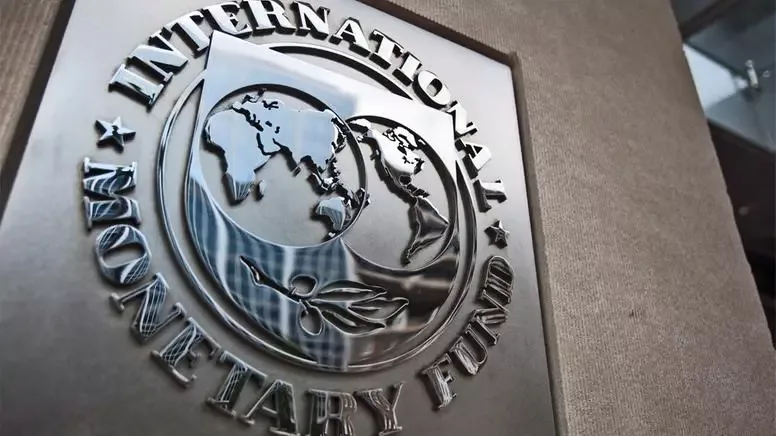IMF Adds Stamp of Approval to Virtual Currencies

A new report by the International Monetary Fund (IMF) has lauded the benefits of virtual currencies (VCs) and distributed ledger technology (DLT) while calling for a tempered and consistent approach to regulation of the new technology.
In beginning the analysis, the report clarified what virtual currencies are. The report defines virtual currencies as digital representations of value, issued by private developers and denominated in their own unit of account.
The report highlights one of the major regulatory challenges facing virtual currencies – the problem of definition.
VCs combine properties of currencies, commodities, and payment systems, and their classification as one or the other will often have implications for their legal and regulatory treatment – in particular, in determining which national agencies should regulate them.
This contention stems from the fundamental philosophical division that underlies discussions about money. Broadly speaking, there are two major schools of thought about the nature of money. One school – metallism – sees money as merely a commodity, a pre-existing object, with its own inherent value. The other school – chartalism – sees past the object of currency and focuses instead on the credit and trust relationships between individuals and society.
This philosophical debate has reared again as virtual currencies demand that regulators reassess the standard ideas of what money actually is.
The report mentions many of the potential benefits of distributed ledger technology on the financial sector; namely that DLT could:
- Reduce the cost of international fund transfers, especially remittance
- Shorten the time required to settle securities
- Improve back office functions for securities dealers and enhance their transparency
The report also asserted that DLT could lead to important structural shifts in the financial industry.
Historically, large technological changes have led to significant adjustments in market shares, with new firms often gaining at the expense of established ones.
In other words, the IMF report implies that the traditional financial industry will very likely be disrupted by the innovation of newer firms.
In concluding the report, the IMF echoed the words of many young DLT companies like Bitt.
VCs offer many potential benefits, including rapidly increasing speed and efficiency in making payments and transfers, and deepening financial inclusion.
The report further suggest that regulators should not stifle the innovation of virtual currencies and DLT. What they should do is to take measured responses to minimise any potential risks but stay nimble and adapt to the changing landscape of virtual currencies.




